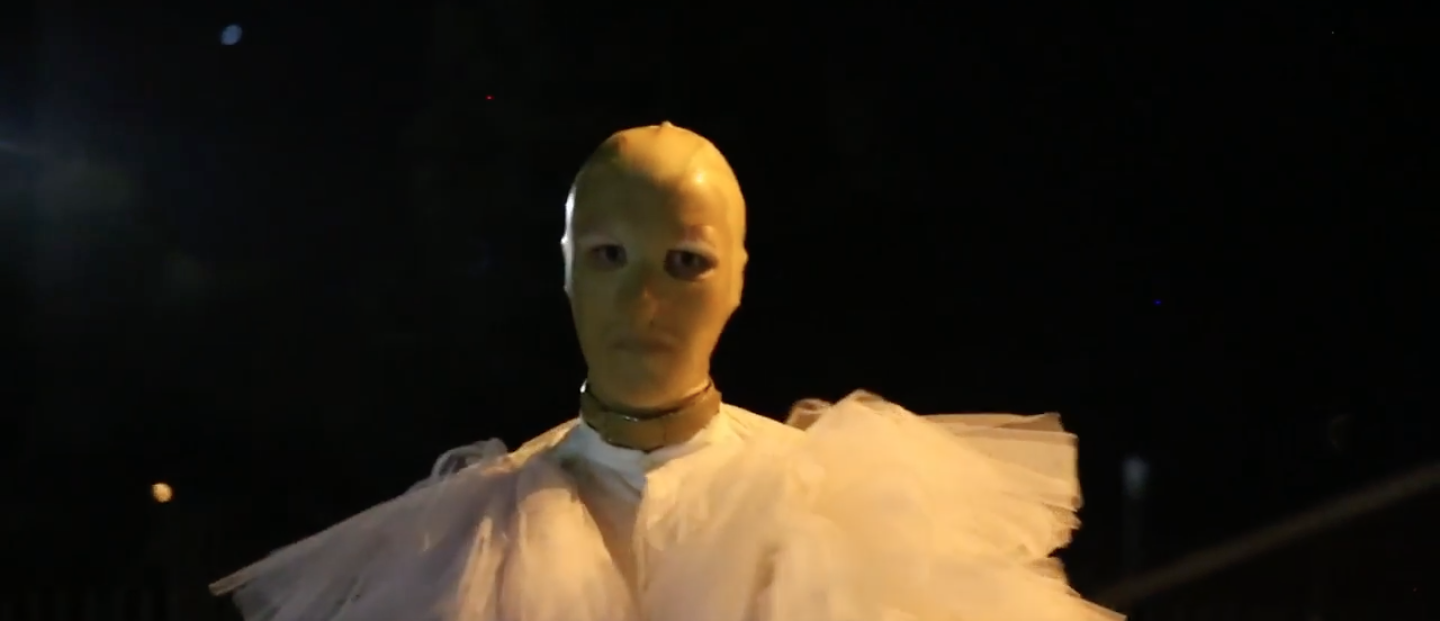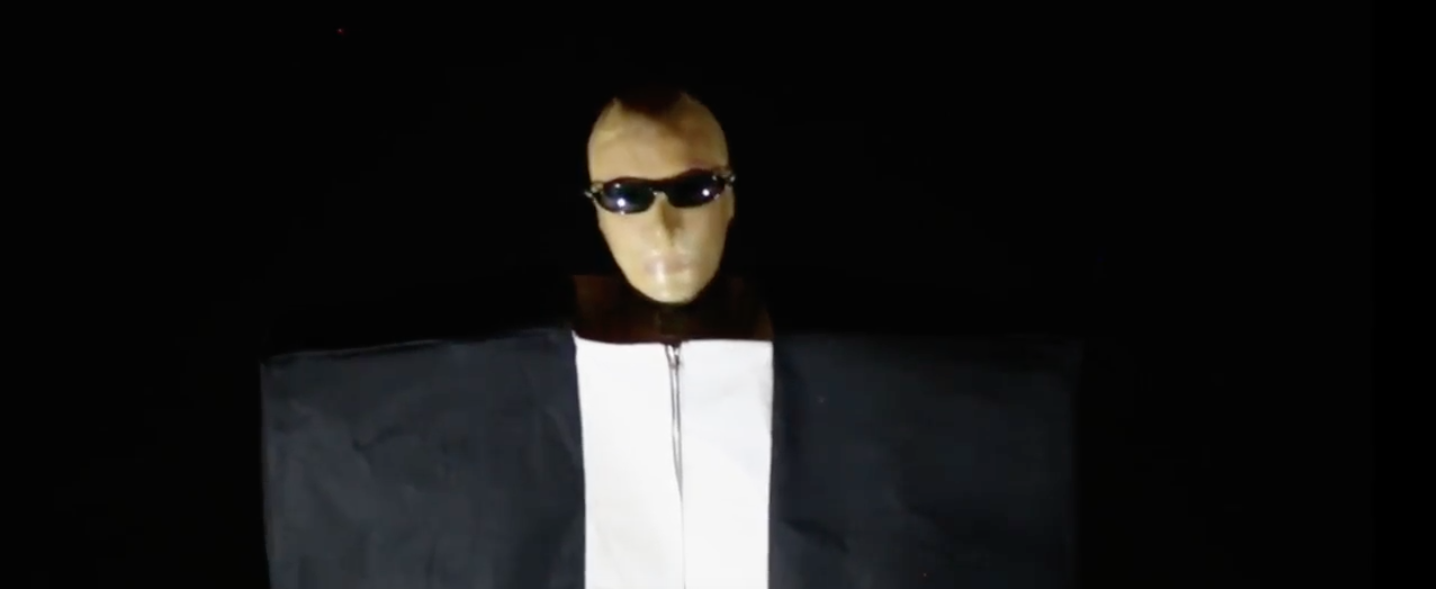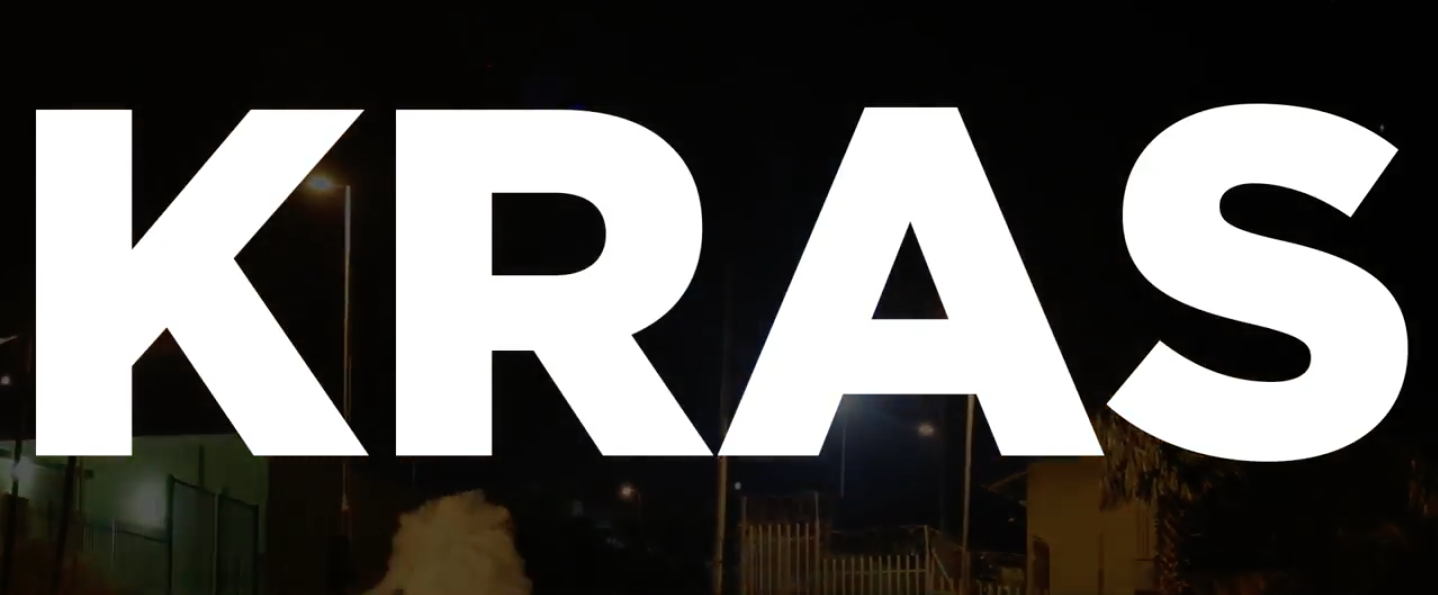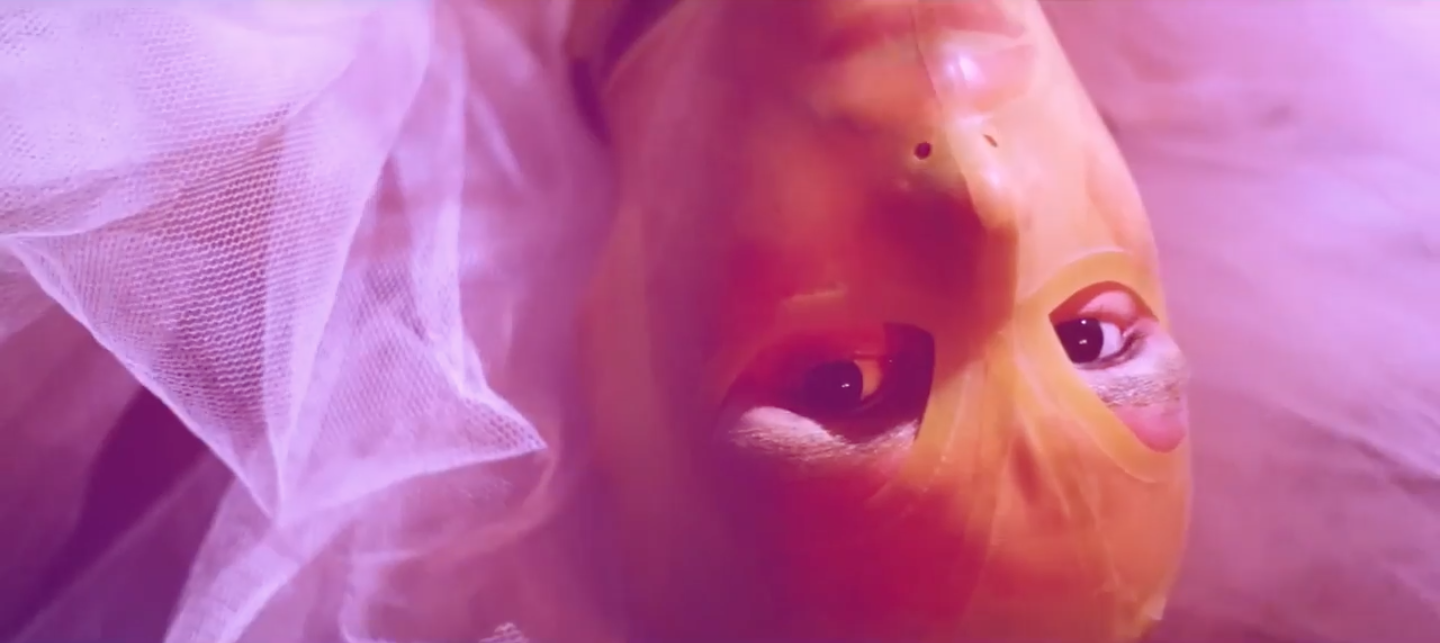When I heard Frank Ocean’s Nostalgia Ultra for the first time in 2011, his captivating voice and dissolute lyrics were great enough. But what really made me flip out was a line on the song ‘Novacaine’ where he (or at least its protagonist) compare themselves to Stanley Kubrick. It’s a unique mind that thinks to fit a reference to the director of Dr. Strangelove, 2001: A Space Odyssey and Full Metal Jacket into a decadent RnB song. Appropriately, his first full length album, 2012’s Channel Orange, was like a series of great short films. A lot of media attention focused on Ocean’s sexuality and the autobiographical nature of the album. Clearly songs like ‘Bad Religion’ offered accounts of unrequited love that came from a place of brutal personal experience. But much of the album saw him telling fictional tales of characters on the extremes of society, including the idle rich, Las Vegas prostitutes and jetlagged drug mules. Like all great artists, Ocean was able to imbue even his most fucked characters with humanity and pathos.
It’s been four years since that massive achievement. Last week he broke his relative silence with the new album Blonde (or Blond, depending on which version you get). It takes a darker, dirtier direction than its predecessor. The lyrics are more cynical, the production more paranoid. After the critical and commercial success of Channel Orange, it would have been easy for Ocean to quickly release a crowd pleasing set of anthems. Fortunately, he has chosen to do something a lot weirder. The album‘s hazy beats and dread guitars sound closer to underground producers like Dean Blunt and James Ferraro. For a work that apparently cost $2million to make it sounds shockingly intimate, like it was recorded in a bedroom. But unlike some of his more subterranean contemporaries, Ocean also has a classical way with hooks and choruses. Beneath all the atmosphere, ‘Self Control’, ‘Nikes’ and ‘White Ferrari’ are just wildly catchy.
The album has been accompanied with the visual release Endless and the hefty Boys Don’t Cry zine. Included in the latter is a list of his favourite movies. If you are considering going to film school, save yourself the student debt and just watch the 200+ hours of cited work instead. The list represents a substantial cross section of the classics of world cinema. And more importantly, it highlights some of the obsessions which captivate its author. The characters in the films range from Cuban crime lords to doomed lovers, murderous Samurai to suicidal Japanese yakuza. In particular, Ocean is fascinated with the night worlds of film noir– both the classics and more contemporary offshoots (Bladerunner, Blue Velvet, LA Confidential, Spring Breakers). It makes perfect sense that he would be inspired by these visions of existential misery, smoke and rain-swept neon.
But above all, the person on the list who seems to have the most affinity with Ocean’s aesthetic is American director Paul Thomas Anderson, whose Hard Eight, There Will Be Blood and The Master all make the cut. They share a focus on the dark shadows cast by American success, along with similar career trajectories. Anderson’s breakout project Boogie Nights was a lovingly crafted epic about the Californian porn scene in the late 1970’s. Like Channel Orange, it finds both the humour and tragedy in its characters extreme lives. His later work has been less immediate but as rewarding. I feel the same way about Blonde as I do about The Master and There Will Be Blood. Initially, they may leave you confused or even underwhelmed. But with a bit of engagement, they lodge into your brain with powerful visions of money, religion and power. In fact, the two artists share a collaborator in Radiohead guitarist Jonny Greenwood, who both plays on the new album and has provided several of Anderson’s scores.
Ocean is not the only musician currently playing with cinematic decadence. The Weeknd owes a lot of his recent success to his David Lynch inspired visual image. But he is doing it better than anyone else because he plays with expectation, fantasy and narrative so well. The biggest artistic success on Blonde is ‘Nights’, which is really about three songs melted into each other. Quickly going from upbeat to sinister, it contains some of his most personal lyrics. He talks about family problems and being a Hurricane Katrina refugee. But in the midst of such candour he adds unexpected dramatic touches, singing about driving to a recording studio as if he were some predatory figure prowling the streets, like Jake Gyllenhaal in Nightcrawler. With the eye of an auteur, Ocean invites you into his surreal, empathetic, operatic creative universe.



